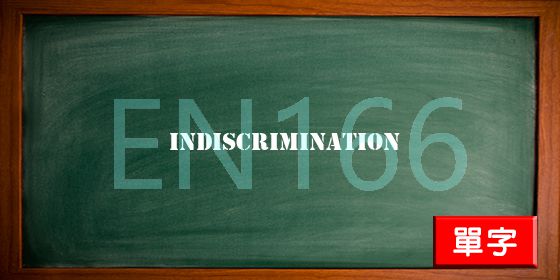indiscrimination n.1.不加區別,無選擇,混淆。2.任意;任性。
n. 1.不加區別,無選擇,混淆。 2.任意;任性。 “indiscriminative“ 中文翻譯: adj. 不加區別的。 “indiscriminatingly“ 中文翻譯: 不區別地“indispansible“ 中文翻譯: 不可分離的“indiscriminating“ 中文翻譯: adj. 不加區別的,無選擇的 (=undiscriminating)。 adv. -ly “indispensabl“ 中文翻譯: 不可避免的; 不可缺少的; 絕對必要的事物; 免不掉的; 一定必要的“indiscriminately“ 中文翻譯: 不分青紅皂白; 無差別“indispensable“ 中文翻譯: adj. 1.不可缺少的,必需的,重要的 (to; for)。 2.不能撇開的,責無旁貸的。 Air and water are indispensable to life. 空氣和水是生命所必需的。 an indispensable obligation 不可推卸的責任。 -bility, -ness n.,-bly adv. “indiscriminateindistinctive“ 中文翻譯: 無差別的“indispensable amino acid“ 中文翻譯: 必需氨基酸; 必需胺基酸“indiscriminate weapon“ 中文翻譯: 濫殺濫傷武器; 濫傷武器
indiscriminative |
|
The cause of the goodman paradox is not only the indiscrimination of the law - like hypothesis and accidental hypothesis but also such a characterization : it is unnecessary but improbable that the conclusion is false while the premises are all true ( “ inductive probability “ ) 摘要之所以會產生古德曼悖論,不僅是因為類律假說和偶適假說的混同,而且也是因為對歸納的這樣一個似是而非的刻畫:假設歸納推理的前提都為真,則其結論不一定但很可能為真(即所謂的“歸納概然性特征” ) 。 |

